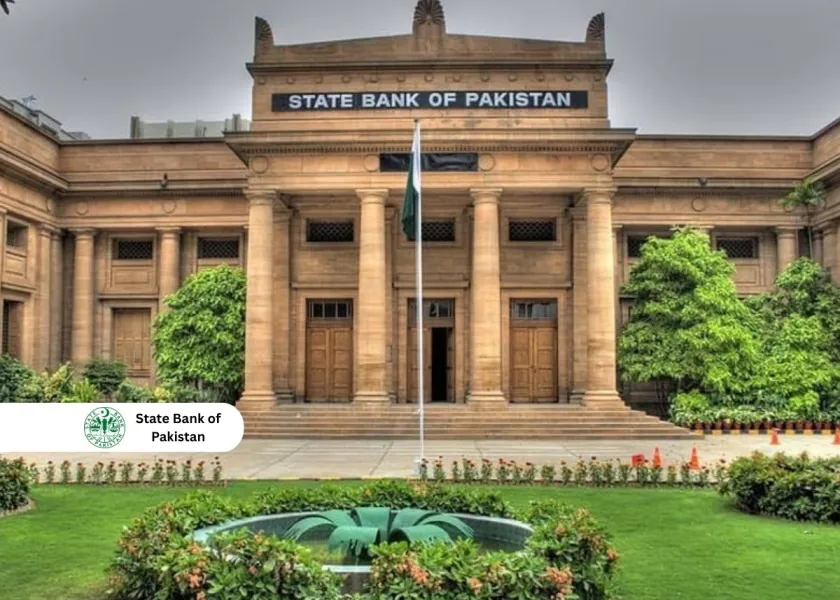Karachi, Pakistan: The State Bank of Pakistan (SBP) has released its Annual Report on Payment Systems for the Fiscal Year 2024–25, providing an in-depth analysis of the nation’s rapidly evolving payment ecosystem. The report highlights significant progress in digital adoption, infrastructure expansion, and regulatory initiatives that continue to transform Pakistan’s financial landscape.
According to the report, retail payments surged to 9.1 billion transactions valued at PKR 612 trillion, marking a 38% increase in volume and 12% increase in value year-on-year. This remarkable growth underscores the accelerated shift toward digital channels, driven by greater consumer confidence and expanding access to mobile and internet-based platforms.
Digital transactions dominated the retail payment space, accounting for 88% of all transactions, compared to 78% in FY23 and 85% in FY24. Mobile banking apps led this transformation, processing over 6.2 billion transactions—a 52% rise from the previous year. Internet banking portals followed with 297 million transactions, up 33% year-on-year, while e-money wallets witnessed the fastest growth trajectory, doubling both in transaction volume and value. This sharp increase reflects growing public trust in Electronic Money Institutions (EMIs) as key enablers of financial inclusion and digital adoption.
The continued success of the Raast instant payment platform further strengthened Pakistan’s digital payments infrastructure. Raast recorded a more than twofold increase in both transaction volume and value, cementing its position as a cornerstone of the country’s digital ecosystem. The rollout of Raast Person-to-Merchant (P2M) services marked a milestone toward advancing digital inclusivity by promoting faster settlements, reducing infrastructure costs, and fostering a transparent digital payment trail.
In parallel, the Point-of-Sale (POS) network expanded to 195,849 terminals across 159,284 merchant locations, supporting nearly one million daily card payments—up from 0.7 million in the previous fiscal year. E-commerce payments also demonstrated a clear shift toward account and wallet-based channels, now representing 93% of all online transactions. Meanwhile, the ATM network grew 7% to 20,341 machines, each handling an average of 140 transactions per day.
To further enhance system resilience, SBP upgraded its Real-Time Gross Settlement (RTGS) platform to PRISM+, designed to improve efficiency, transparency, and security for both retail and large-value payments. The PRISM+ system reported double-digit growth in transaction value, largely driven by government securities settlements and interbank transfers.
Reaffirming its commitment, the State Bank of Pakistan stated that it remains dedicated to fostering secure, efficient, and inclusive payment systems, ensuring that the country’s financial infrastructure evolves in step with global innovations while maintaining public trust, resilience, and accessibility.
For details: https://www.sbp.org.pk/PS/PDF/Annual-Payment-Systems-Review-FY25.pdf
